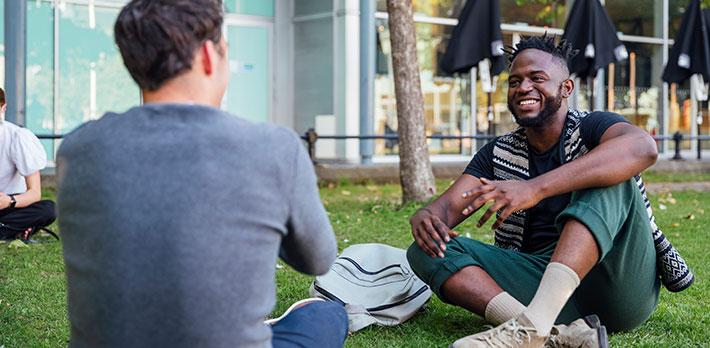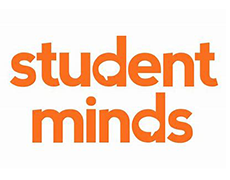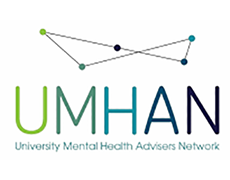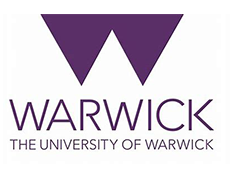Projects
Positive digital practices: supporting mental wellbeing
Focusing on part-time, commuter and distance learning students, this project created resources around the themes of positive learner identities, digital communities, and pedagogies.
Archived
This project was archived on
Visit the project website and browse the resource hub.
Length:2 years

Part-time, distance and commuter students
In 2018-19, over 500,000 students studied part-time; over 600,000 students were classified as commuters and over 370,000 studied at a distance.
It is recognised that these students are ‘harder to hear’ - that different levels of engagement with a campus environment can impact sense of belonging, wellbeing and academic outcomes, and that part time, distance and commuter students can experience barriers to accessing support.
These groups can also be more likely to experience issues with mental wellbeing; in the OU 16,844 students (10%) disclose a mental health issue and have experienced persistent gaps in degree outcomes.
What we did
To support mental wellbeing for distance, commuter and part-time students, we co-created resources and initiatives to scale up positive practices in the three areas of:
- Positive learner identities
- Positive digital communities
- Positive pedagogies
This project was funded by the Office for Students and was a collaboration between universities and sector bodies:
- The Open University leads on positive learner identities, focusing on emotional awareness, encouraging help seeking behaviour, recognising achievements and valuing learning opportunities
- The University of Bradford leads on positive digital communities, supporting students’ sense of belonging and purpose, informal peer support and meaningful connections that do not rely on a campus environment
- The University of Warwick leads on positive pedagogies, establishing inclusive, compassionate practices in technology-enhanced learning that support mental wellbeing
- Jisc leads on sector-wide engagement, drawing on their established cross-disciplinary networks in technology-enhanced learning
- Student Minds leads on student engagement in the project, facilitating a student panel to steer and guide the project
- The University Mental Health Advisers Network (UMHAN) leads on the engagement of mental health professionals, bringing expertise from 400 mental health advisors and mentors from 130 institutions
Exploring positive digital practices
Watch a recording of our accessibility clinic on exploring positive digital practices.
Watch a recording of an in-depth workshop on exploring positive digital practices.
Project outputs
- Positive digital practices resource hub websiteVisit the project website




